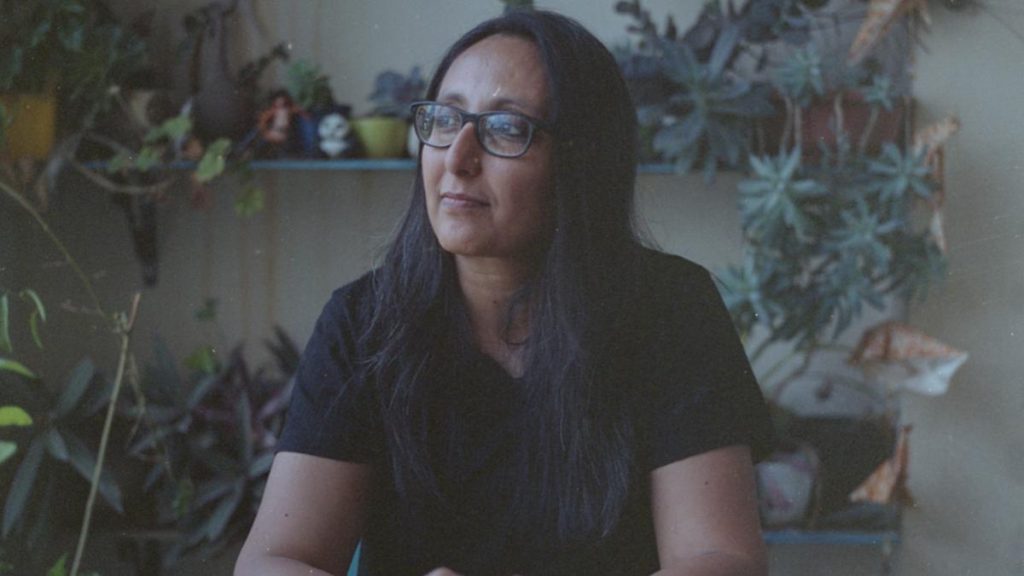Bijal Vachharajani is on a mission to make children fall in love with “the planet we call home” because she believes that “to love it is to protect it”. The former journalist, who is based out of Bengaluru, is a wildly (pun intended) prolific author of fiction and non-fiction.
A voracious reader herself, Vachharajani thinks of books as “a wonderful way to be introduced to the wonders of the natural world, and lure you into the outdoors, be it a tree in your school ground or a plant that’s home to a mantis in your society.”
Her latest offering, called Go Wild: Stories, Essays and Comics that Celebrate the Earth, is an anthology that she has edited for Puffin, the children’s imprint of Penguin. It is illustrated by Prabha Mallya. The impressive list of contributors includes Bittu Sahgal, Harini Nagendra, Zai Whitaker, Ranjit Lal and Yuvan Aves, among others.
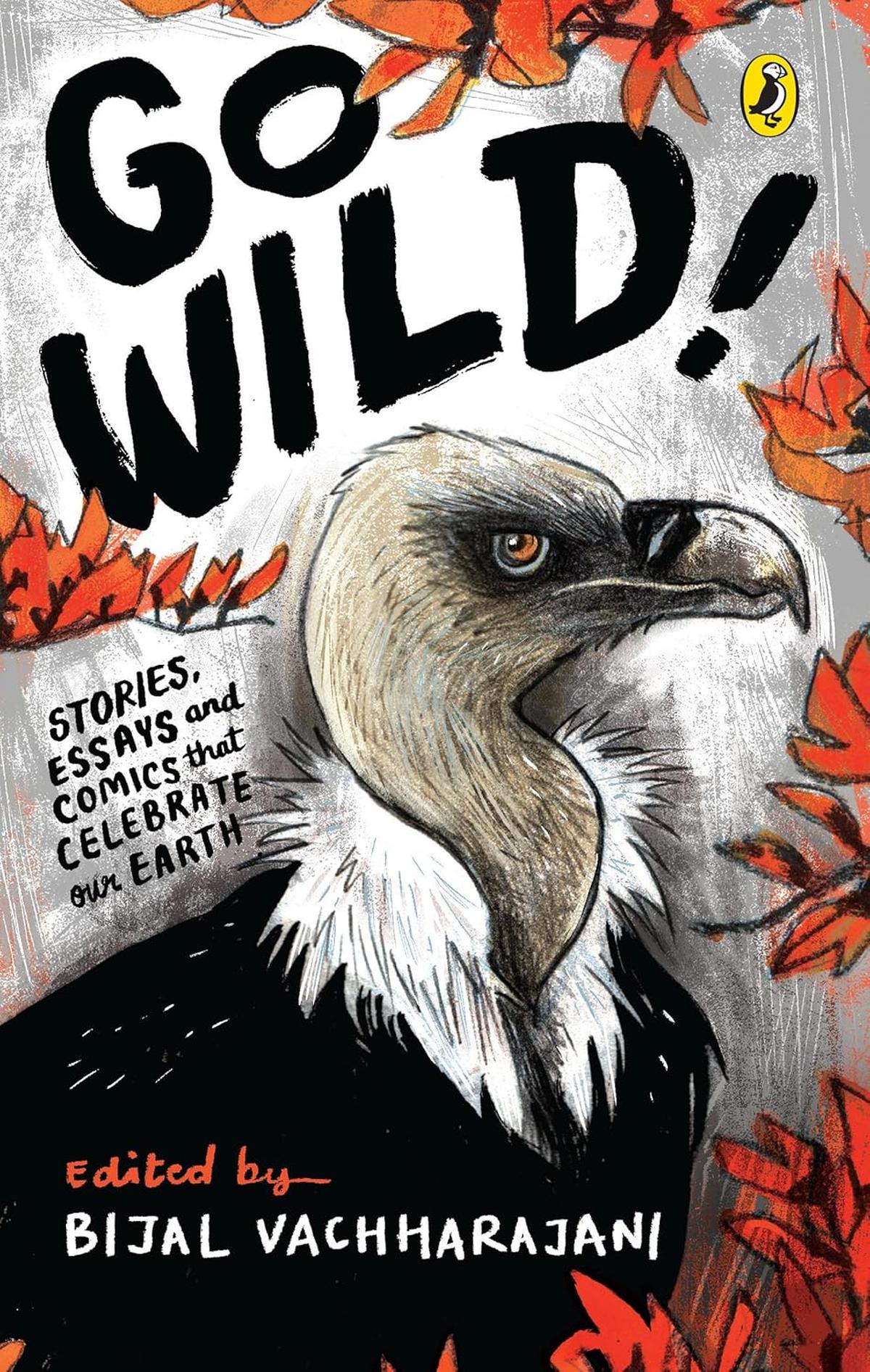
“I wanted to bring together authors who, in their practice, centre nature in some way or the other, and strongly believe in rewilding imaginations,” says Vachharajani, who has assembled an intergenerational cohort exploring nature writing in a variety of forms.
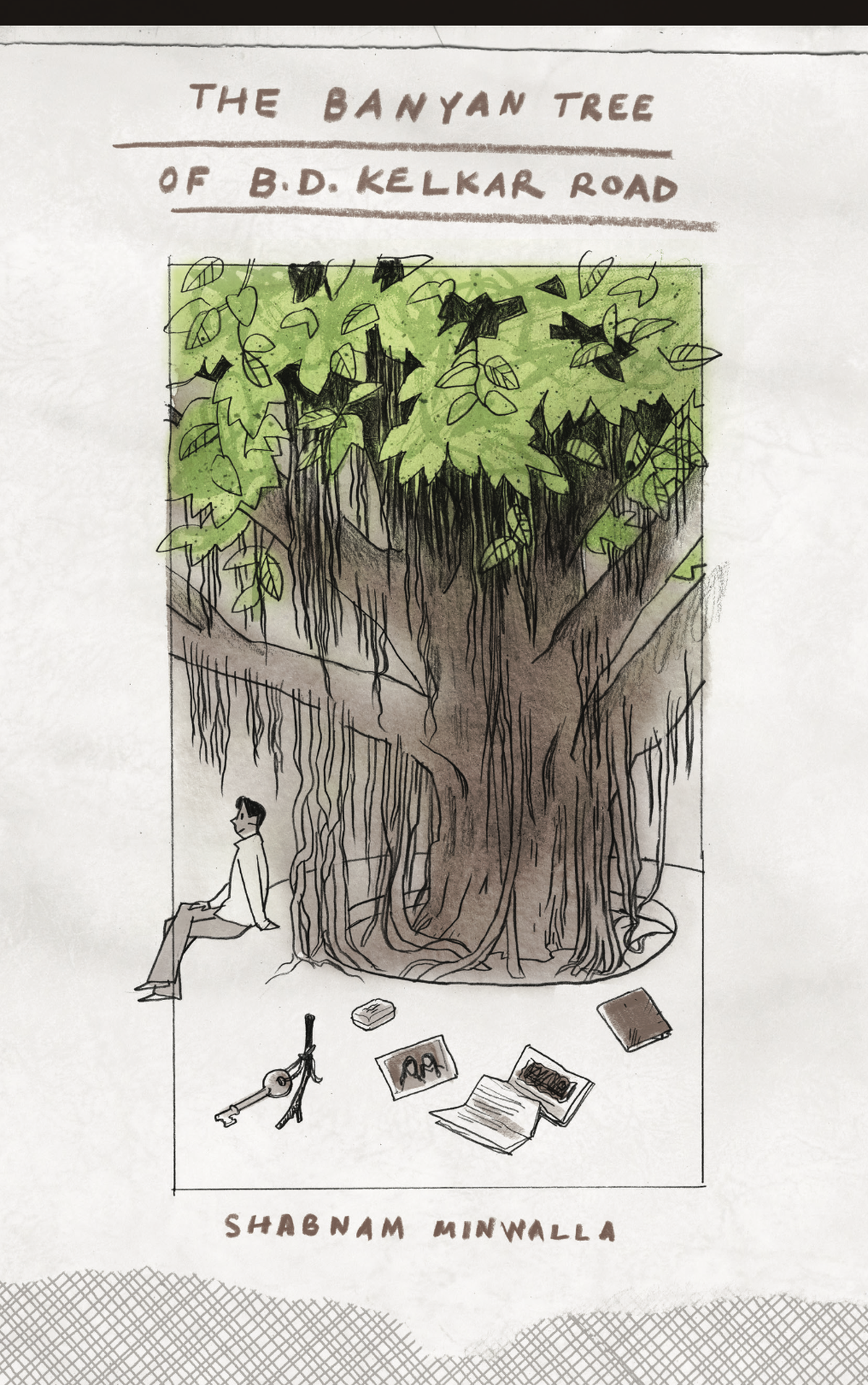
For instance, Shabnam Minwalla’s story, ‘The Banyan Tree of B.D. Kelkar Road’, revolves around a group of children who hatch a plan to save their beloved banyan tree from being cut down to construct a fancy new residential tower. Ravikant Kisana’s story ‘Wise Old Fool on the Hill’ takes us into the inner world of an owl called Buddhiram Ullu ji who is a seer and chronicler watching the world go by from his high perch.
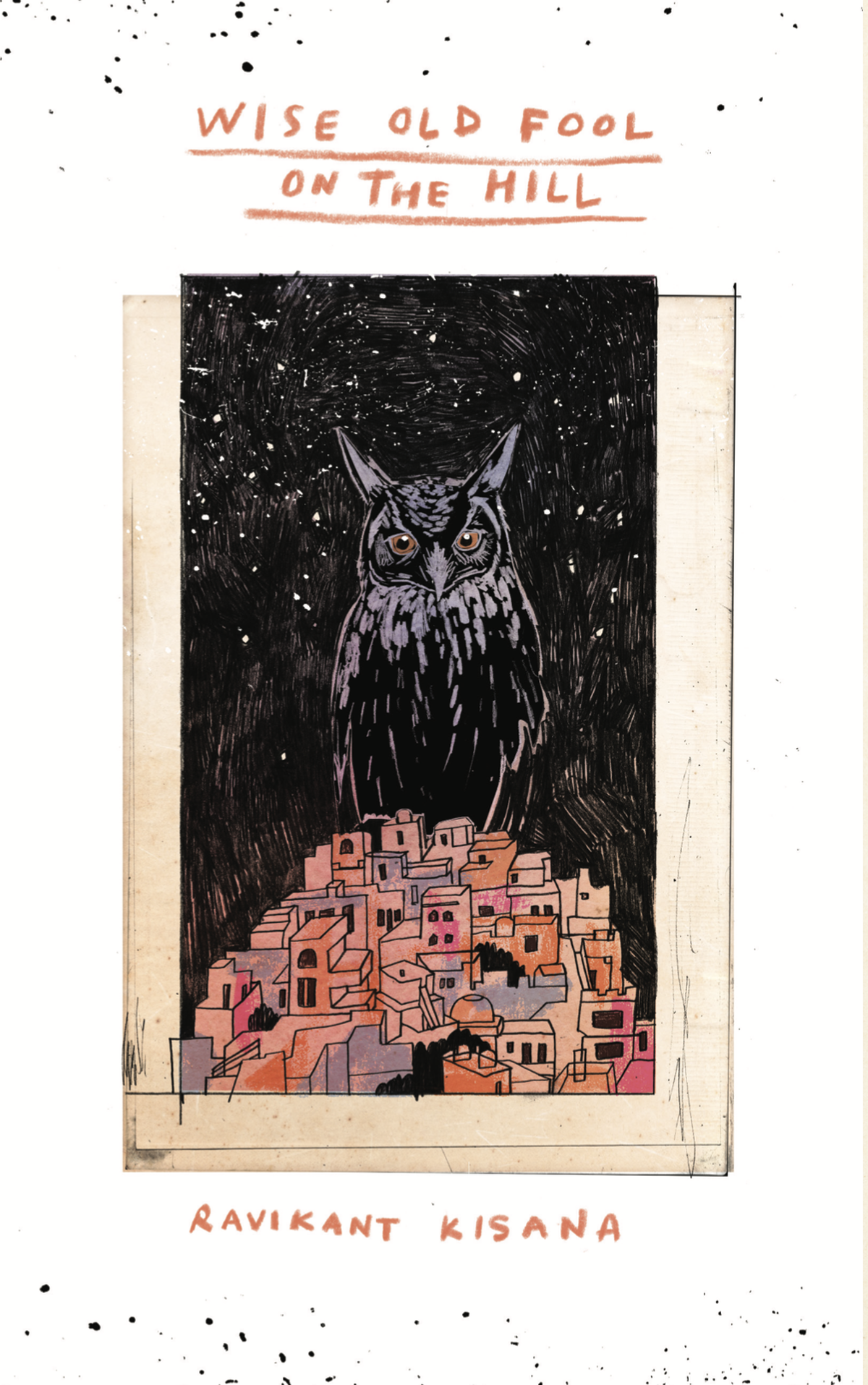
‘A Vulture’s Story’, written by Anita Roy, is about the unusual friendship between Sara — a woman who lives in the hills — and a vulture she calls Her Excellency Perveen Pestonji Peckerwala. She feeds the bird, and also speaks in vulture language. “Similar to Aramaic, but with more shs and hs. I do wish it was taught in schools, but what can you expect these days?” she says.
With a dash of humour
Vachharajani’s curation reflects her sparkling sense of humour, which lightens up the serious subject of climate change for children, and also the expertise and networks built in the process of getting a Masters in Environment Security and Peace from the University for Peace established by the United Nations in Costa Rica, and her professional stints with organisations such as Sanctuary Asia and People for the Ethical Treatment of Animals (PETA).

“For me, narratives are a powerful way for young people to reimagine their futures in the age of the Anthropocene,” Vachharajani says. “Fiction provides a space to understand the complexities of the climate crisis with characters you can relate to or are frustrated by; narratives that can dismantle perceptions and challenge stereotypes also offer agency.”
For those who prefer nonfiction, Bittu Sahgal’s essay ‘My Nature Diary’ recalls a trek along the course of the Tirthan river that flows through Himachal Pradesh. In another essay, ‘The Old, Worn Palash Tree’, Yuvan Aves reminisces about “a mother tree” that has had a special place in his heart since his high school years at Pathashaala in the Palar river basin in Tamil Nadu.
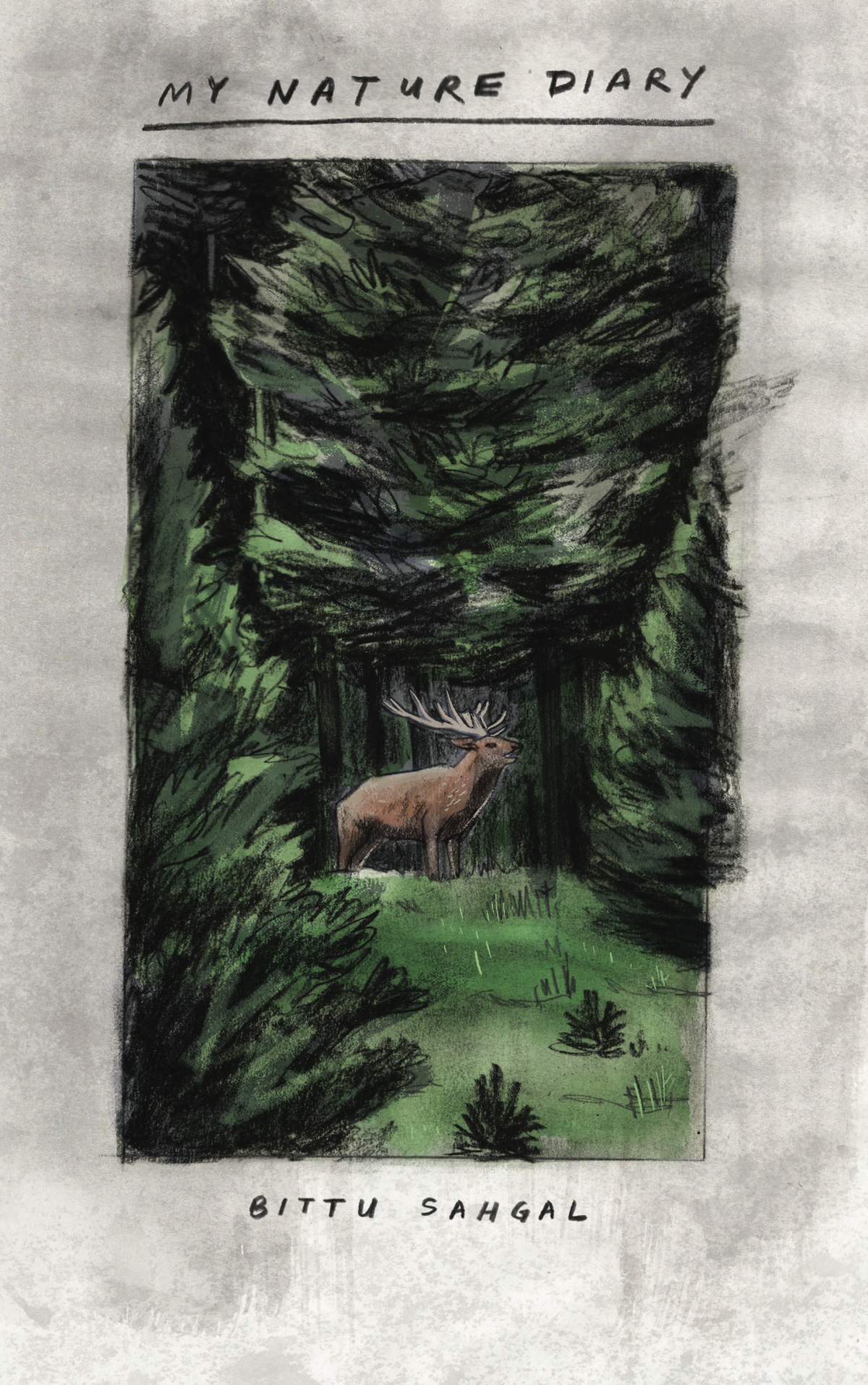
Aves writes, “Its flowers would bob all along the shores of the Vallipuram Lake, whose edge it stood by.” His writing style combines scientific precision with a poet’s affectionate gaze. “Palash flowers have five petals: one is like a placard held upright, calling out to others; two enclose its carpels, stamens and nectaries, and the fourth petal sticks out like a folded tongue, serving as the landing site for its large pollinator friends,” he adds.
Questions of access and mobility
One of the most thought-provoking contributions to this book is Salil Chaturvedi’s photo essay titled ‘Places My Wheelchair Likes to Go’, which places a wheelchair in fields and forests, and on hilltops and riverbanks, inviting readers to think about questions of mobility, access and inclusion that are often missing from narratives about escaping the urban concrete jungle.
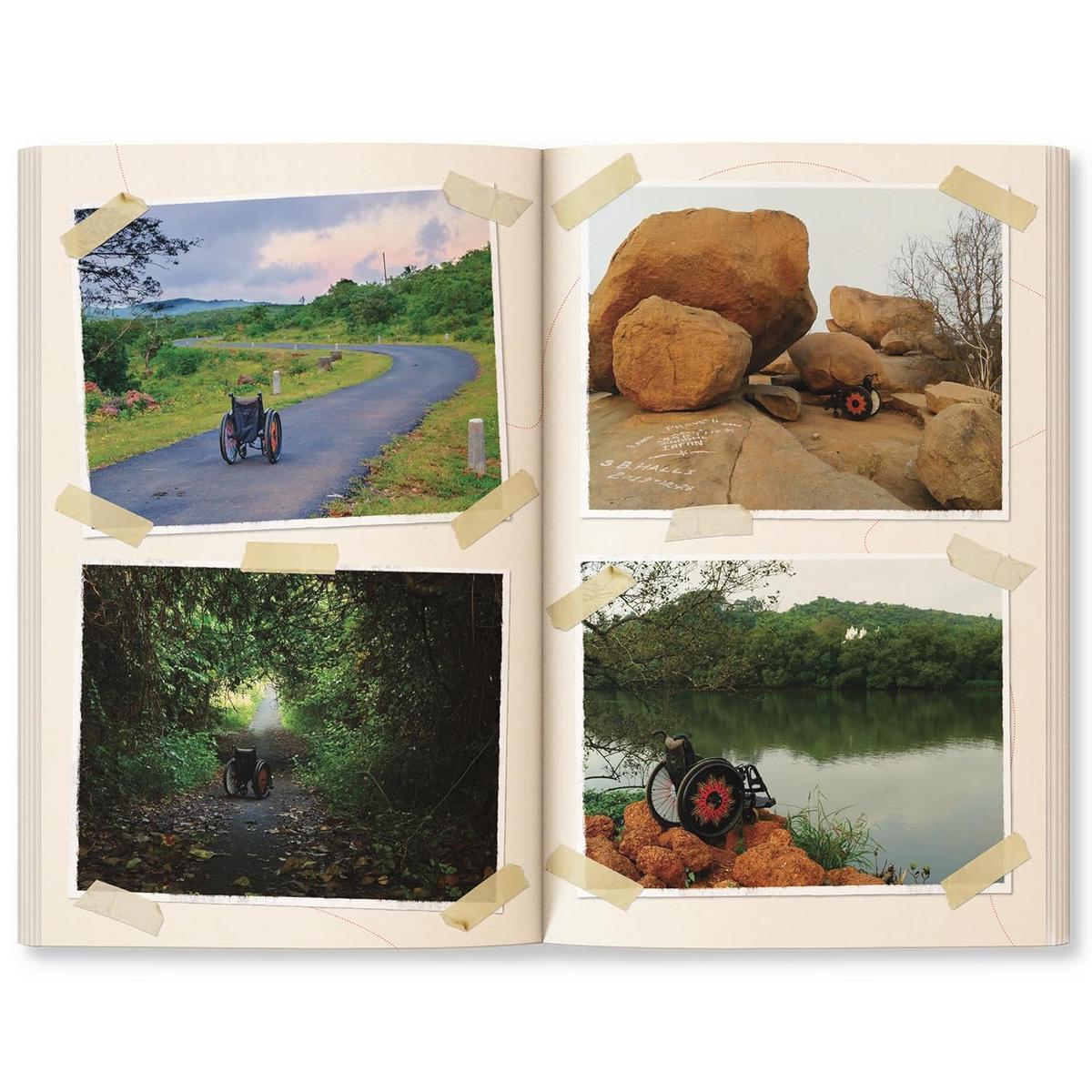
Vachharajani, who is also a commissioning editor at Pratham Books, is a fierce advocate of the “own voices” movement championing narratives by people from marginalised communities about their lives, making room for Dalit, Adivasi, indigenous, disabled, queer and transgender protagonists and their life experiences. “Books need to celebrate every child through stories that reflect, resonate, and tell stories of the many Indias we inhabit,” she says.
She has been selected by Villa Swagatam, an Indo-French cultural programme geared towards promoting artistic and literary exchanges between France, India, and South Asia, to participate in a residency in May 2025 in La Ciotat with the Institut Français and La Marelle. “I will be writing my nonfiction book on personal and planetary losses and grief. This is a set of long form essays that I have been working on for the last few years,” she says. Clearly, Vachharajani is not likely to run out of ideas to power her mission anytime soon.
The writer is a Mumbai-based journalist and educator.
Published – February 07, 2025 12:48 pm IST



